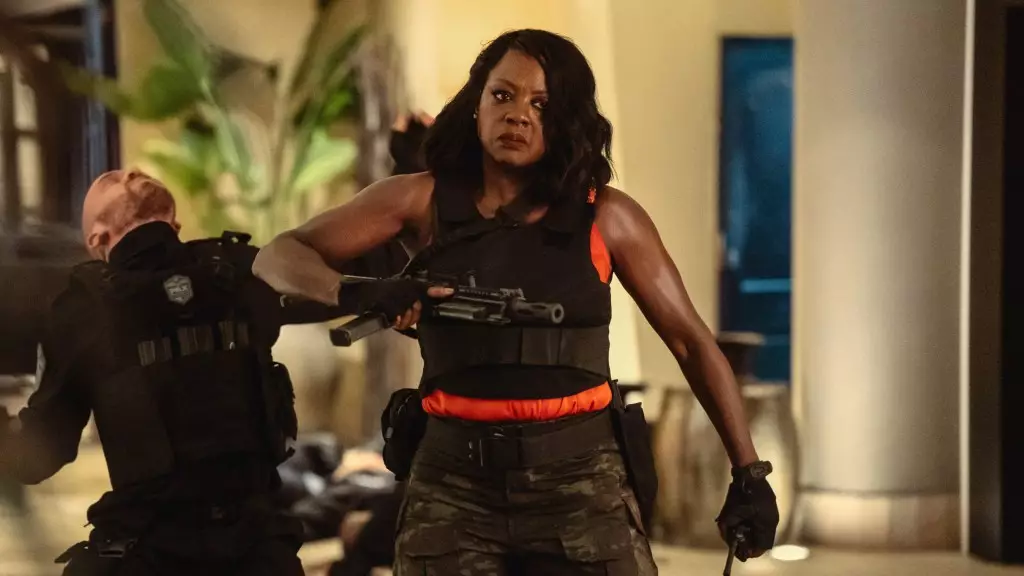The recent surge of female-led action movies smashing through traditional genre expectations is not just a trend—it’s a wakeup call for the entertainment industry’s entrenched biases. The success of Viola Davis’ *G20* on Prime Video exemplifies this seismic shift, proving that audiences are hungry for complex, compelling women in roles of power, especially within the traditionally male-dominated action sphere. The movie’s eye-catching viewership figures—over 50 million worldwide—demolish the outdated notion that female-led films lack mass appeal. Instead, they reflect a cultural shift that demands representation and nuance, not tokenism or superficial narratives.
Hollywood needs to confront its longstanding obsession with male-centric stories and recognize that women can command blockbuster-level storytelling. The undeniable popularity of *G20*, which topped Nielsen’s streaming charts during its debut week, underscores this. More importantly, its overperformance among female viewers highlights a significant, yet often overlooked, demographic eager for fresh perspectives. Empowering women in action films isn’t just a social virtue; it’s a lucrative pursuit that Hollywood too often dismisses at its peril.
Why the Industry Must Accelerate Its Embrace of Female Power
The industry’s failure to fully capitalize on this shift reveals its stubborn resistance to change. Female-led movies like *Maintenance Required*, *The Map That Leads to You*, and *We Were Liars* have shown serially that strong, diverse women can energize viewers if given the proper platform and narrative depth. But too often, Hollywood relegates such films to niche markets, fearing they won’t perform on the same scale as conventional male-centered blockbusters.
Viola Davis’s commanding performance in *G20* pushes back against these stereotypes, portraying a leader who balances strength with empathy, intelligence with resilience. Her portrayal is a reminder that women are not only capable of leading in high-stakes environments but are compelling protagonists in their own right. The industry’s reluctance to shift away from superficial action tropes only prolongs its creative stagnation. Moving forward, studios should recognize that female-led films are not just profitable but essential for cultural relevance and progress.
A Call for Genuine Diversity and Representation
The success of *G20* and other female-driven productions signals a broader societal desire for authentic, multidimensional female characters. Audiences are increasingly astute—they want stories where women are not merely eye candy or secondary characters but fully realized individuals with agency and complexity. Viola Davis’s role as President Sutton exemplifies this trend, embodying a leader who is fierce, relatable, and emotionally layered.
This is an opportunity for Hollywood to reevaluate its storytelling priorities and champion a new wave of films that reflect societal realities and aspirations. Such shifts aren’t just about box office numbers—they are about respecting audiences’ intelligence and offering narratives that resonate on a deeper level. The industry’s past refusal to fund or promote female-led action movies wasn’t a failure of audience interest; it was a failure of imagination and bias. If Hollywood truly wishes to remain relevant, it must stop hesitating and start investing in stories that challenge the norms and elevate women to their rightful place at the cinematic forefront.

